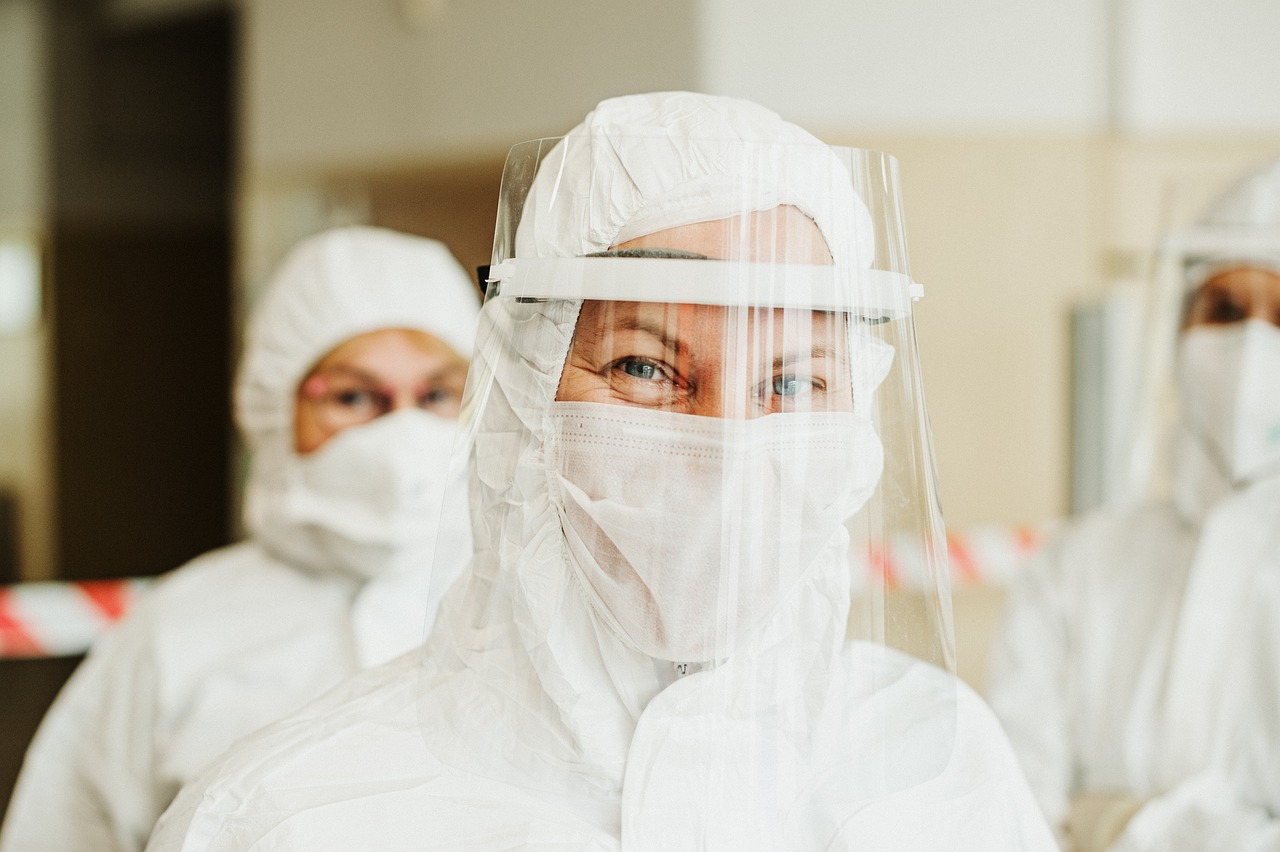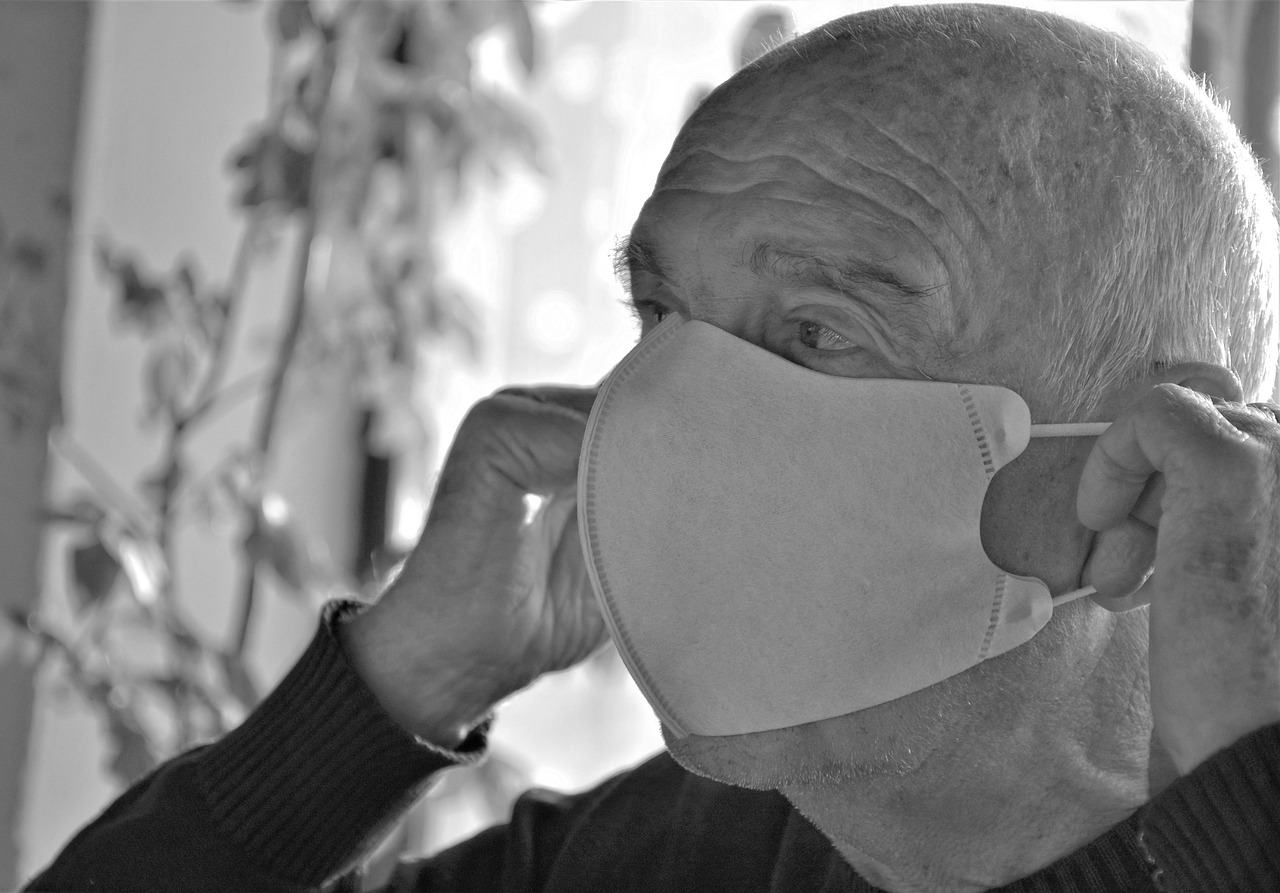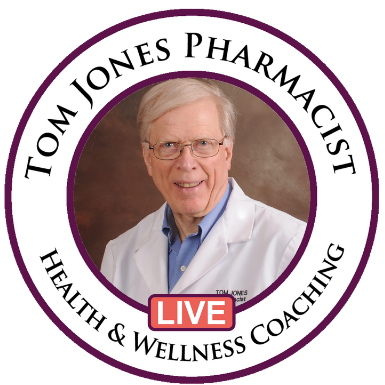
Senior Citizens and Covid-19
Many health problems compromise the aging body’s immune system. However, vaccines-- and booster doses-- do help and assist us from hospitalization and death and this is with all aged people. But Senior Citizens do not forget to check out the fine print of all of these new reports.
The data tells us that older individuals are at a greater danger of serious illness and infection from COVID-19-- and researchers say that ought to come as not a surprise to us. After all, older age brackets have actually been disproportionately at danger throughout the pandemic, which continues to apply even when someone is completely vaccinated.
Concerns about development infections bubbled up once again today when news broke on October 18 that former Secretary of State Colin Powell had actually passed away after contracting COVID-19. Powell was 84, however, his cause of death was more detailed.

The former statesman struggled with numerous conditions including myeloma, a cancer of leukocytes in the body. People with this type of cancer tend not to respond well to vaccines.
But in addition to the immunocompromised issues, health authorities are seeing evidence that older age people continue to be at higher threat from the pandemic. According to the existing information from the Centers for Disease Control and Prevention, people over 65 account for 67 percent of hospitalizations and 85 percent of deaths from development cases of covid-19. And current media reports discussing details from Seattle, Washington, and the United Kingdom expose that older immunized people handle comparable-- and, in a lot of cases, higher-- dangers of severe disease than unvaccinated kids.
The huge risk factor is age and that's why the U.S. is focused on vaccinating older people and those in long-term care centers when it initially presented the vaccines, and if you're under 45, your chances of dying are low but it increases significantly as you age.

Concerns over breakthrough infections are why U.S. regulators have in fact approved booster dosages of the Pfizer vaccine for individuals over 65-- and are why the exact same for the Moderna and Johnson & Johnson vaccine. (
Here's what researchers know about the aging body immune system-- and why breakthrough infections do not modify the reality that COVID-19 vaccines remain incredibly effective for people at any age.
Aging body immune systems
Specialists state they still do not have enough clinical studies on why older individuals were more prone to COVID-19 prior to vaccines being readily available. That fact is among the most significant secrets of the virus
Researchers who study aging state it most likely relates to a few of the hallmarks of aging. For instance, the body typically gets rid of cells that have in fact become harmed due to disease, injury, or tension.

However as the body ages, this process ends up being less efficient, and it starts to build up aged-related cells, which are damaged but will not die. These cells produce chemicals that hurt surrounding healthy cells and set off swelling. The aged-related cells harm the body and make it harder to eliminate infections.
But there's a lot more going on in an aging body, and many aspects of aging most likely work together to weaken the immune action.
Among older individuals, there are problems with the body's immune system: a hypernatural response, and an underactive adaptive reaction.
Natural resistance is the defense system you were born with-- and the very first to respond to intruders. It doesn't target a specific pathogen, however, rather mounts a generic inflammatory action. When that action is inappropriately extreme, as happens in older individuals, it can set off a waterfall of damage throughout the body, from the lungs to the heart to the kidneys.

(Here's what the coronavirus does to the body.)
The adaptive immune reaction targets a specific invading pathogen. Vaccines provide a sneak peek of the bacteria and teach the body how to establish antibodies that acknowledge and get a virus and obstruct it from going into any of the body's cells. If the infection does deal with to break through, then T cells take part in and remove the infected cell. This is like an army that protects the body from assailants. If the quantity of infection is not too big, the antibodies and T cells can rapidly defeat it.
A bigger viral force, nevertheless, can overwhelm the adaptive immune system. Older people, who are less able to mount an energetic adaptive action, may because of that be specifically susceptible to the invading infections.
Development infections
Annual flu shot drives have shown that age can lessen the effectiveness of some vaccines.

In fact, 1/3 of people over age 70 do not react at all to the flu vaccine, which is why it still kills a larger number of Americans every year.
On the other hand, responses to COVID-19 vaccines have been a lot more powerful. I believe among the more unexpected things is how well the mRNA vaccines have with those older populations. If you have a look at the preliminary immune reactions, they weren't quite varied at all between people over 65 and those below. So that was a quite pleasurable surprise."
In September, the CDC reported that the vaccines are only about 78 percent effective at avoiding infection among people of all ages after 6 months. It's unclear what is the reason for this drop in performance. Research studies do reveal that resistance is diminishing in people over 65; however, it might also be caused by the boost of the Delta version, which has really proven better able to evade the body's immune action.

In fact, made up of "the aggravating age alter of the illness" even among the vaccinated, gathered from info in the United Kingdom revealing that immunized people over 60 passed away from COVID-19 at greater rates than unvaccinated individuals under 50. The New York Times also recently reported that hospitalization rates in the Seattle location, have revealed that the dangers for inoculated people in their 50s resemble the dangers for unvaccinated kids under age 15.
We don't like comparing the 2 age groups as it is far more vital to compare the risks amongst unvaccinated versus immunized individuals no matter their age. This data clearly reveals that everyone will make the most of a vaccine. The death rate for unvaccinated adults is numerous times greater than it is for immunized grown-ups in every age.
And regardless of the drop in effectiveness in avoiding infection, the Pfizer vaccine stays 90 percent efficient at avoiding hospitalization, which reveals that it stays a strong defense versus major disease and death.
A current report published by the U.S. Department of Health and Human Services specified that vaccines "may have assisted in avoiding hundreds of new COVID-19 infections and 10s of numerous deaths amongst seniors."
The USA has actually licensed boosters for individuals over 65-- and not the general population yet for a simple reason. The extra risks are with the senior citizens. And the booster shots should not prevent any person from getting immunized. On the contrary, it must be considered as a confirmation that the vaccines work.
"You can be certain that these are the best vaccines we've ever had and just getting immunized really puts things in your corner. Think of it as a war where you want to have all the ammo that you can have. Staying alive is winning this war. So Senior Citizens do not let your guard down.
 Add Row
Add Row  Add
Add 




Write A Comment